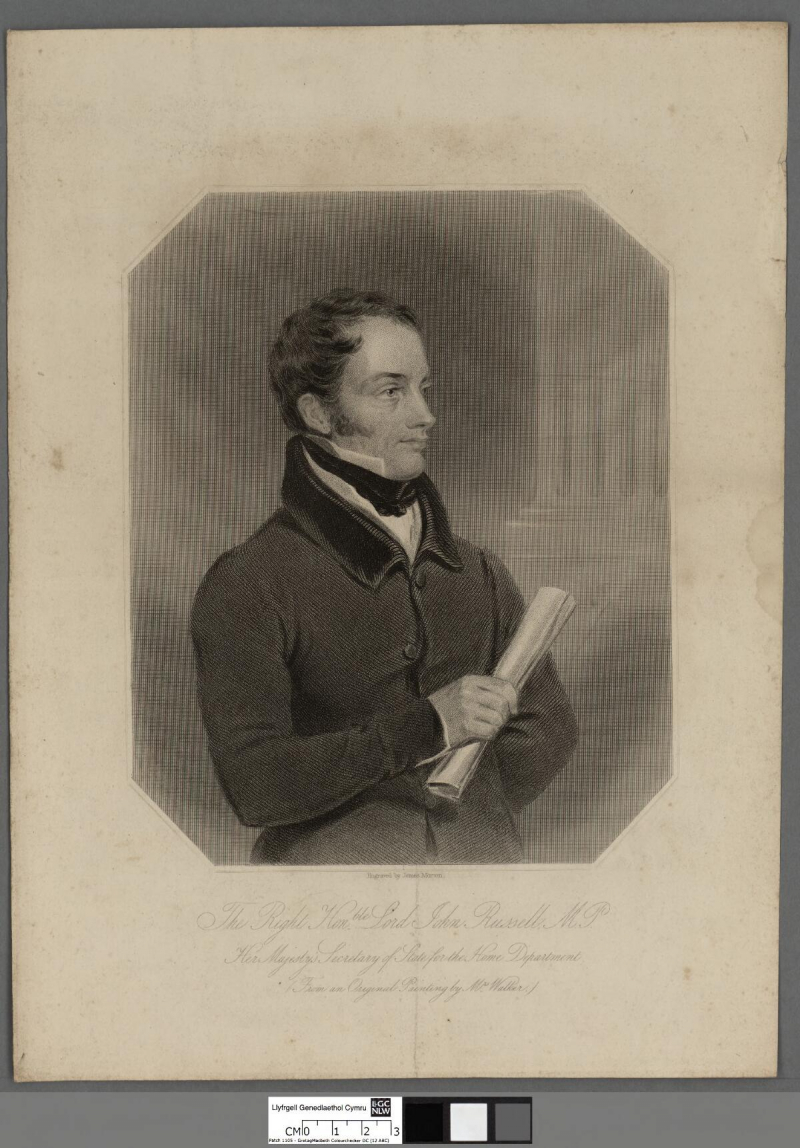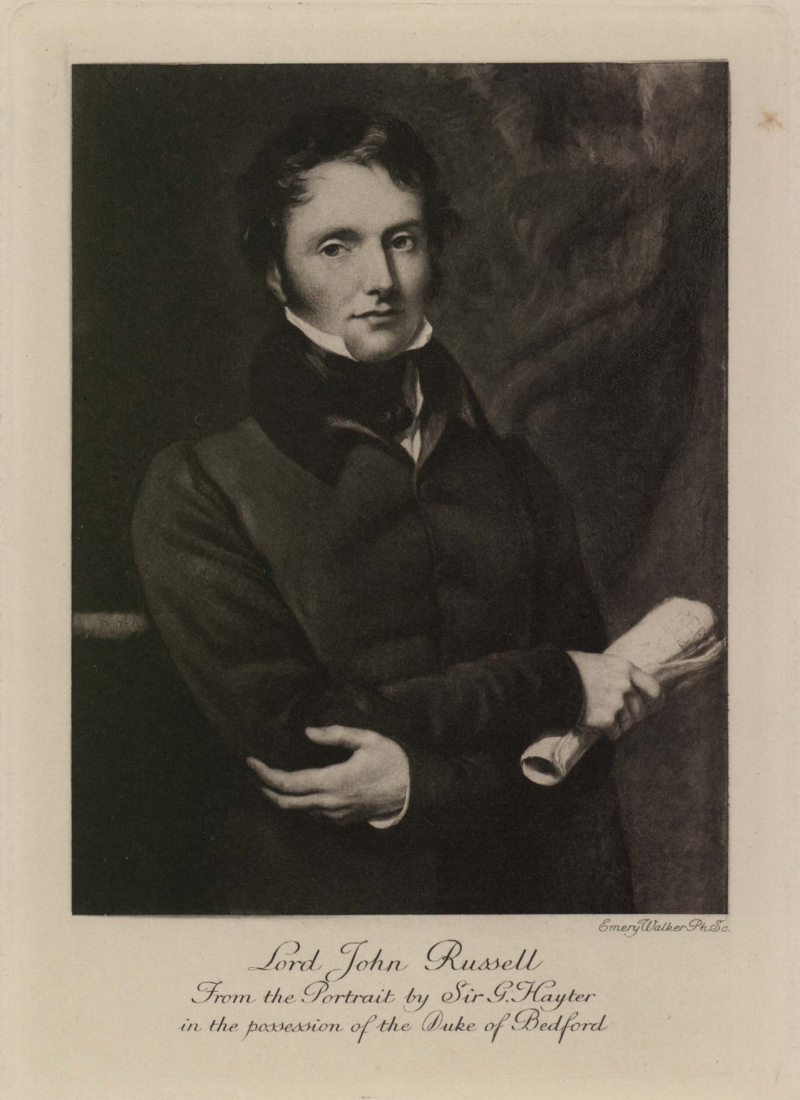He kept on working for Palmerston
Russell accepted the Queen's offer to form a new administration, but he was unable to get the requisite support because so many of his colleagues were upset with him for leaving Aberdeen because of the Roebuck motion. When Palmerston was elected prime minister, Russell reluctantly agreed to serve as his cabinet's Colonial Secretary. In July 1855, Russell left the government and went back to the backbenches after being dispatched to Vienna to negotiate peace terms with Russia but his suggestion was refused. Russell informed his father-in-law in a letter after resigning that he would never serve as prime minister again, under Palmerston or any other leader.
It seemed as though his front-bencher political career would be coming to an end for a while. Russell persisted in advocating from the opposition benches for the causes that most concerned him, including more government funding for education and relaxation of the property requirement for parliamentary elections. Early in 1857, Russell began to publicly criticize Palmerston's administration over the Second Opium War and the Anglo-Persian War.
However, following another brief Conservative administration in 1859, Palmerston and Russell were able to patch things up, and Russell agreed to take up the position of foreign secretary in a new Palmerston ministry—generally regarded as the first real Liberal cabinet, which is one of the interesting facts about John Russell. The Unification of Italy (the British government's shift to one more supportive of Italian nationalism played a significant role in this process), the American Civil War, and the 1864 conflict between Denmark and the German states over Schleswig-Holstein make this period one of the most eventful outside of Britain. Despite organizing the 1864 London Conference, Russell was unable to end the war. Because of the well-known telegram in which he advocated Italian unification, his time at the Foreign Office is notable.












